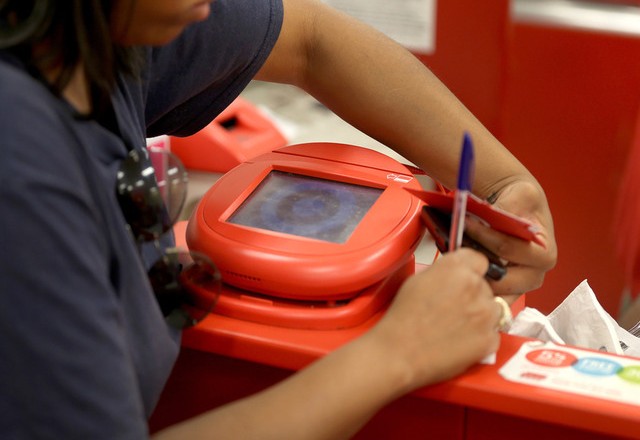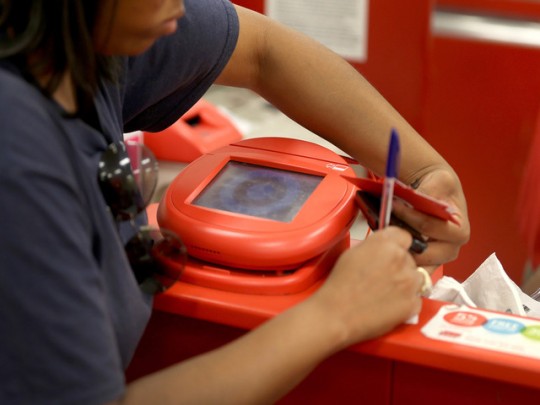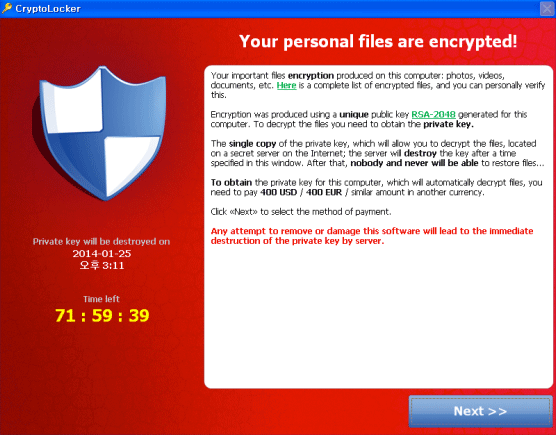In mid-December Target disclosed that hackers broke into the company’s computer system and stole several millions of its members’ personal information. A month later and Target has just tripled the number of people that might be affected by the security breach.
It’s Okay to Shop, But Be Wary of Who You Give Your Information to
According to Target’s latest revision, the recent security breach might affect one out of every five Americans—that is, roughly 70 to 110 million are susceptible to identity theft. The data stolen from Target’s database range from email addresses to credit card numbers, so the magnitude to which one’s identity is compromised will vary.
Given that the recent Target debacle gave hackers just bits and pieces of information on people’s financial data, the ensuing aftershock should not be as bad as some might predict. Target, to its own credit, has been proactive about mitigating the damages that its customers have or will experience because of the security breach. The company, and affiliating banking institutions, has reached out to members by issuing them new account numbers and credit cards.
Finders Keeper, Losers Weepers
Security experts, however, predict that the fraudulent activities that coincide with such a huge security breach will be an everlasting one if consumers don’t take matters into their own hands. Information such as emails and phone numbers can, if left in the hands of experienced cyber criminals, be used as tools to indirectly steal more personal information. When all the pieces of a person’s identity is pieced together, thieves can easily access their target’s banking accounts and make off with the loot with just a click of a mouse.
So what can you, as a consumer—especially if shop at Target, do to protect yourself if your personal information linked to a company like Target? First, check your banking statements for any unusual activities, and if something out of the ordinary occurs report it immediately to your financial institution. Next, Target members with a credit/debit card on record need to contact the company to make sure that the account number is completely erased from the database. As an extra preventative measure, take yourself off Target’s database completely—that is, make sure Target does not have your email, phone number, home address, etc.
There’s not much you can do once your personal data has been stolen from you, but what you can do is try to plug in the holes while you still can. Security analysts and firms that monitor the World Wide Web for activities regarding the intrusion and manipulation of peoples’ personal data saw a huge spike in black market activities since the breach occurred. Since most average consumers have no means of tracking down cyber criminals or stop their malicious activities, it’s up to the local authorities and banking institutions to stop them from draining out a bank account.
Bullseye!
Target is working closely with private and government security/forensic experts to close up some of the holes, but only time will tell if people can once again trust the Target brand. One could say that it was a bad omen for Target to choose a bullseye for its logo as that image has mutated into a double edged sword. On one end, the retailer flourished as consumers flocked to the red buildings to make purchases, and at the same time gave away their personal information. On the other end, the bullseye also became an attractive target for hackers and cyber criminals, evident by the recent security breach.
For more details about security issues that can affect you or your business, contact your office IT support.
Update:
Target is offering customers affected by the breach 1 year of free credit monitoring. Sign up here.










One thought on “Target estimates 1 in 5 Americans may be affected by recent security breach”
Comments are closed.